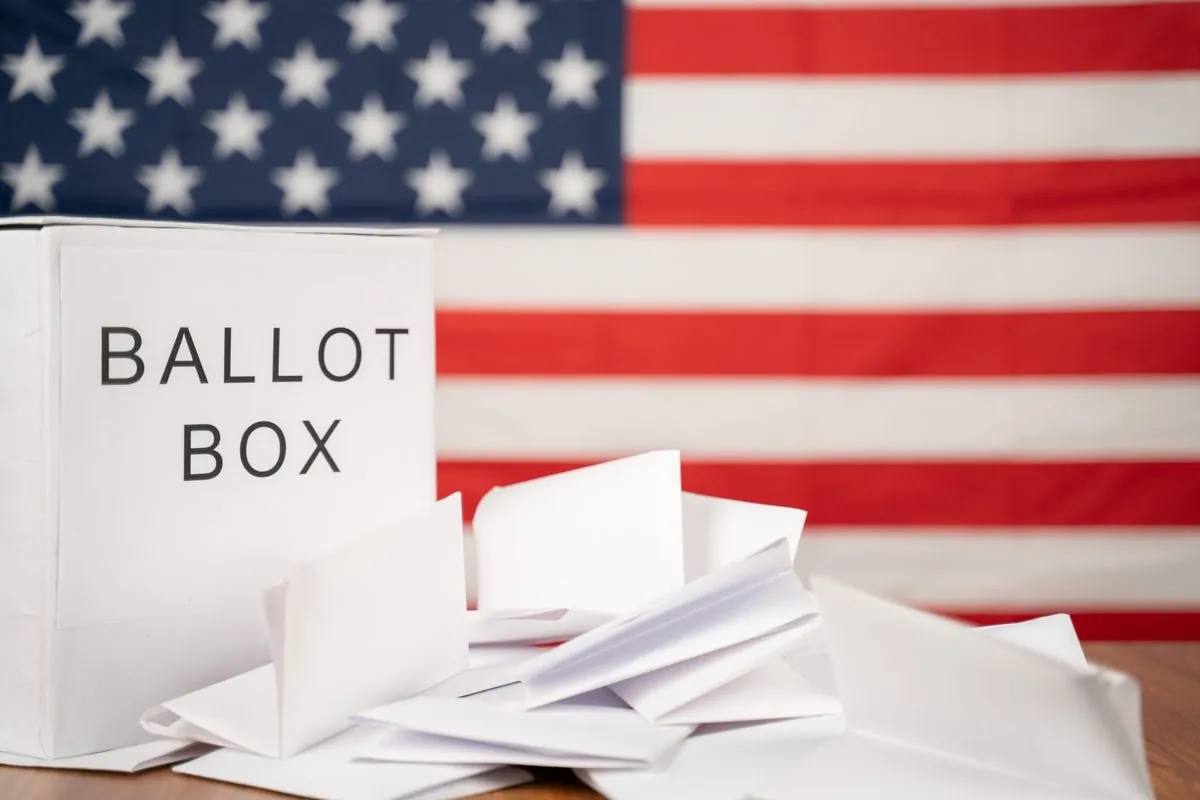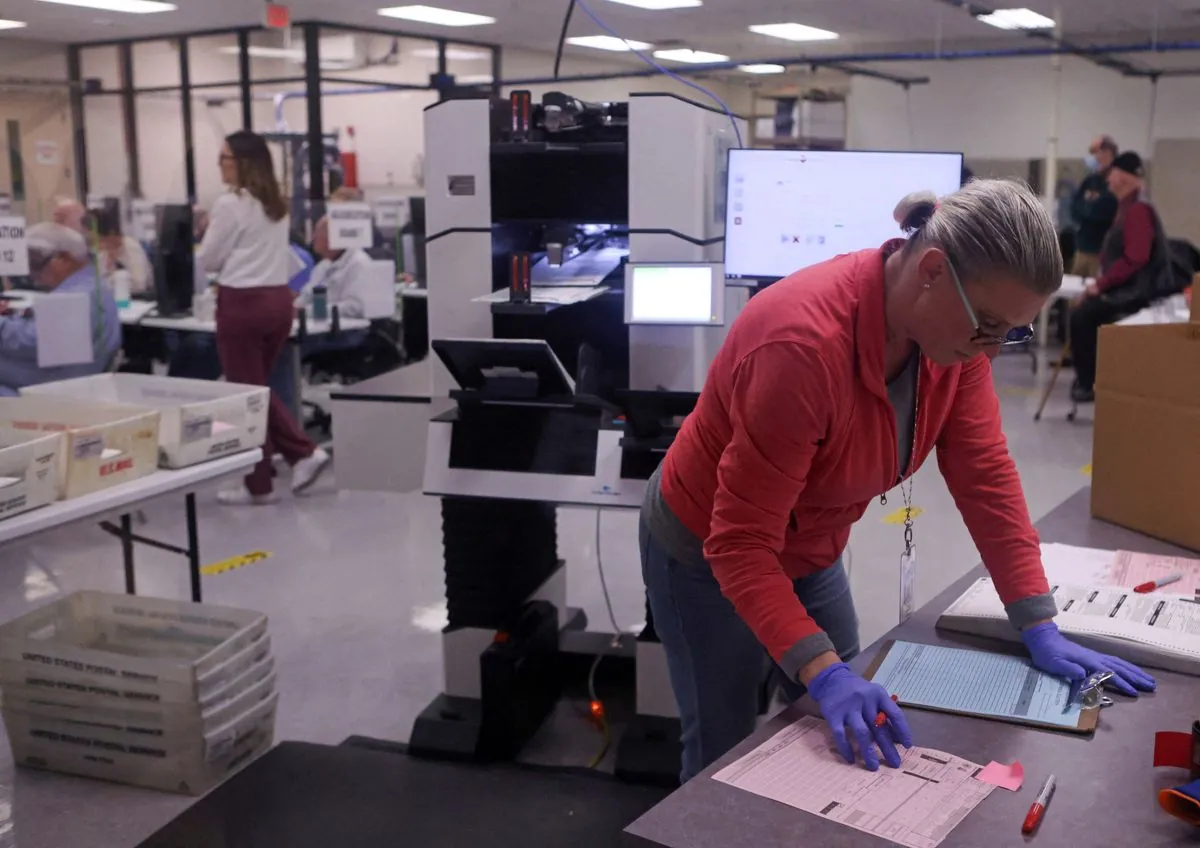Election Integrity Concerns Persist as 2024 Race Heats Up
Ongoing debates over election integrity resurface as the 2024 presidential race approaches. Key figures' statements raise questions about acceptance of potential results.

The acceptance of election results remains a contentious issue in American politics, as evidenced by recent statements from key figures in the lead-up to the 2024 presidential election. This ongoing debate highlights the delicate balance between ensuring electoral integrity and maintaining public trust in the democratic process.
Donald Trump, the former president and current candidate, recently expressed his reservations about the upcoming election. When asked about his trust in the process, Trump stated he would "let you know in about 33 days," effectively tying his acceptance to the outcome. This stance echoes his approach to the 2020 election, which he continues to dispute despite no evidence of widespread fraud.
The importance of accepting election results extends beyond individual candidates. It speaks to the core of American democracy, which has evolved significantly since its inception. The Electoral College system, established in 1787, has been the cornerstone of presidential elections for over two centuries. Throughout this time, various amendments and acts have shaped the voting process, including the 12th Amendment in 1804 and the more recent Help America Vote Act of 2002.
JD Vance, a potential vice presidential candidate, faced questions about his stance on the 2020 election during a recent debate. His response was notably evasive, raising concerns about his willingness to accept unfavorable results in future elections. This reluctance to acknowledge past election outcomes could set a troubling precedent for future contests.
"What President Trump has said is that there were problems in 2020, and my own belief is that we should fight about those issues, debate those issues peacefully in the public square, and that's all I've said and that's all that Donald Trump has said."
Vance's statement oversimplifies the complex issue of election integrity. The United States has a long history of working to ensure fair elections, from the Voting Rights Act of 1965 to ongoing debates about voter ID laws. These efforts aim to balance accessibility with security, a challenge that continues to evolve with each election cycle.

The debate over election integrity is not new. Historical events, such as the disputed 2000 presidential election between George W. Bush and Al Gore, have highlighted the importance of clear and accepted procedures for resolving electoral disputes. The Electoral Count Act of 1887, passed in response to the disputed 1876 election, aimed to provide a framework for such situations.
As the 2024 election approaches, the rhetoric surrounding election integrity remains heated. Allies of Trump, including House Speaker Mike Johnson, have made statements that leave room for questioning future results. This approach risks undermining public confidence in the electoral process, a cornerstone of democratic governance.
The coming months will be crucial in shaping public perception of the 2024 election's integrity. As candidates and officials navigate this sensitive terrain, they would do well to remember the words of George Washington, who was unanimously elected as the first president: the peaceful transfer of power is a hallmark of American democracy. Balancing legitimate concerns about election security with the need to accept results is essential for maintaining the stability and credibility of the American political system.


































